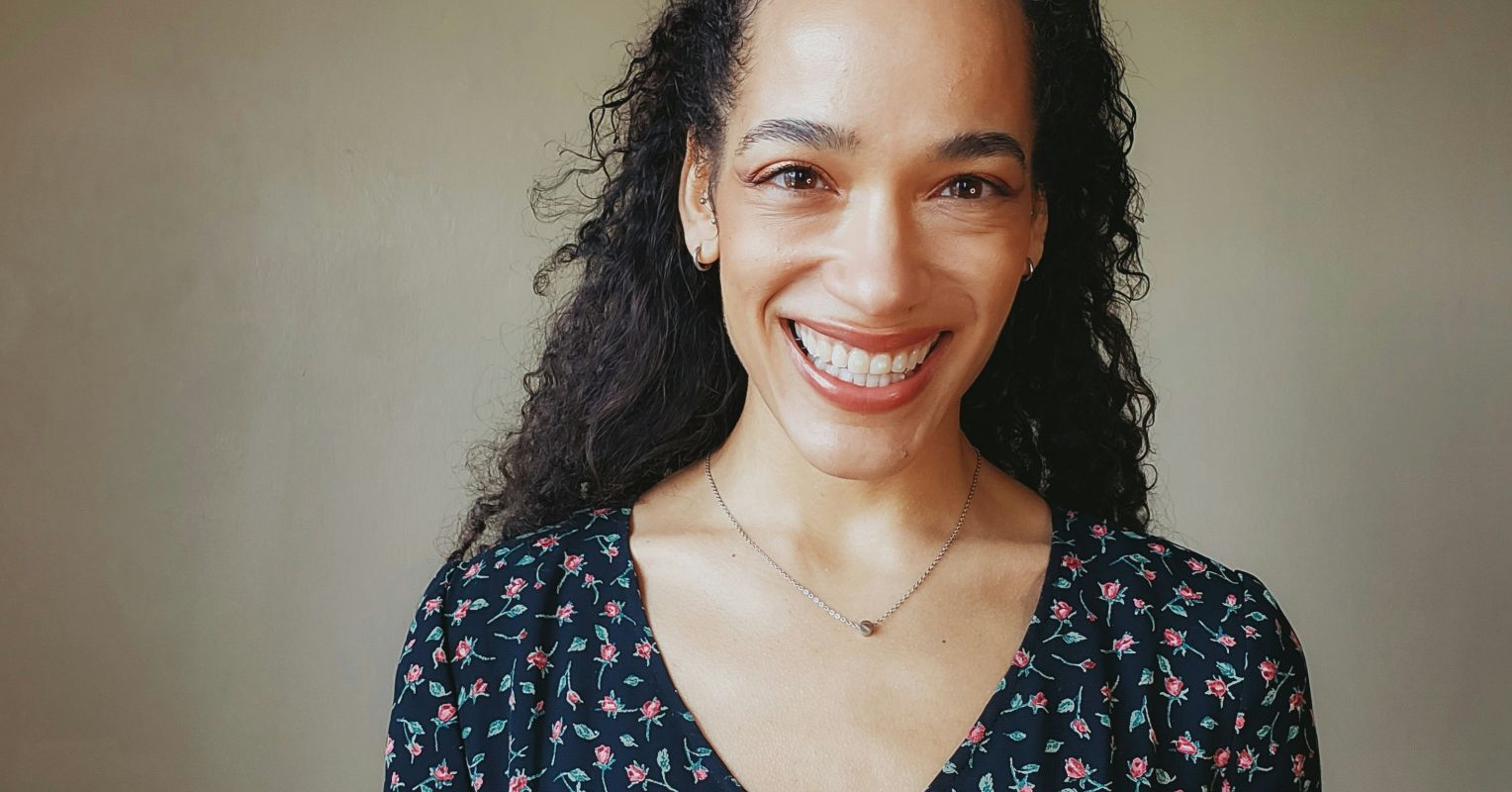Co-authored with Kylie Viala, BA (hons) and Allyson Klassen, BA
This is the “Week of Visibility for Non-Monogamy,” but many people in non-monogamous relationships don’t feel safe being visible. Let’s clear up common misconceptions that complicate the lives of people in CNM relationships.
Monogamy is idealized, but it isn’t the only way to have successful romantic relationships. When sexual or romantic partners mutually agree to have multiple relationships or sex with others, it falls under the umbrella of consensual non-monogamy (CNM) (Haupert et al., 2017). CNM comes in many forms, such as swinging (partner swapping), open relationships where couples have other sexual partners, and polyamory where individuals have multiple relationships (Conley & Piemonte, 2021). CNM may be more common than you think. About 20% of people have tried it (Haupert et al., 2017) and 4% of people in relationships are CNM (Fairbrother et al., 2017). CNM isn’t rare, but it isn’t often talked about and is largely invisible and misunderstood.
Consensual Non-monogamy Isn’t Infidelity
When we tell people that we study CNM, often their first response is, “But that’s cheating!” To which we say, “Nope! The C in CNM stands for consensual.” All individuals are transparent about CNM and everyone freely agrees (Moors, 2023).
In a study with over 30 people in CNM relationships, we asked participants about their relationships and they stressed that consent was a hallmark of CNM relationships. Partners didn’t hide sexual and romantic interests from each other and many enjoyed seeing their partners become romantically involved with others.
The misconception that CNM is infidelity fuels stigma. Our participant, James, described how one of his girlfriend’s friends found his dating app profile and accused him of cheating. Others said they felt compelled to come out as CNM to avoid accusations from others.
Although CNM relationships aren’t cheating, CNM doesn’t mean anything goes. In our study, some participants described clear boundaries about how often they could see other partners and boundaries around safe sex. Others described few explicit rules, but had guiding principles such as mutual respect. Regardless of whether there are rules, respecting relationship boundaries and consent separates CNM from cheating.
CNM Isn’t Just About Sex
The negative stereotype that people in CNM relationships just want more sex also causes harm. Our participant Julia was “slut shamed” by people on dating apps. These experiences are stressful and take a toll on Mental health (Borgogna et al., 2024). Although it isn’t just about more sex, some people do pursue CNM to meet sexual needs (Wood et al., 2021). Participants in our study said they explored CNM because of mismatched libido or to experience kinks their partner wasn’t interested in. However, for many sex is not a primary reason for a CNM relationship. A few participants were even asexual and did not have sexual relationships with any partners.
People engage in CNM for many reasons, such a sense of autonomy. In our study, people wanted relationships on their terms that were free of societal expectations. They also mentioned authenticity and that CNM was part of their identity, like their sexual and gender identities. Being in CNM relationships allowed them to be their true self.
People also enjoy CNM relationships because they provide opportunities for growth (Wood et al., 2021). In our study, participants said that navigating the challenges of multiple relationships forced them to develop insight and to work on themselves and their relationships. Relationship conflicts and creating connection with different people were catalysts for positive change.
CNM Isn’t Harmful
CNM relationships can be as healthy and happy as any other relationship. However, CNM stigma is still very present. While chatting with a hairstylist about our CNM research, she asked if participants were “all abused,” and have dysfunctional relationships. These beliefs are common, but not supported by research. CNM relationships are just as, if not more, loving, committed and satisfying as monogamous partnerships (Conley et al., 2017) and the partners are just as happy (Cox et al., 2021).
Unfortunately, when people think that CNM relationships are harmful, they don’t support them as they do monogamous relationships. Think about the last time you went to a social gathering—did people ask about your dating life? Were they interested and supportive? People in CNM relationships can experience something very different. Their friends or family might avoid asking about relationships because they don’t approve or assume that CNM relationships aren’t serious or meaningful.
This lack of support for CNM relationships extends beyond family and friends to health professionals. Julia told us that her therapist persistently suggested that CNM was the root of her Mental health issues, and that Julia must not love herself if she was with people who already had other partners. This only made Julia feel worse and ashamed. These experiences sadly aren’t unusual (Swindlehurst et al., 2023) and make it harder for people in CNM relationships to seek help when they need it—whether it is for relationship problems or not.
Polyamory Essential Reads
Stigma Hurts People in CNM Relationships
If people in CNM relationships are healthy and in satisfying relationships, then what’s the problem? The problem is stigma. Most participants in our study had faced judgement. When Zoe came out as polyamorous at work, her coworkers began “icing” her out, and soon after she was laid off. Because they fear negative treatment, our participants often hid their relationships and let people assume they were monogamous. Some participants tried to educate others about CNM, but this was also emotionally taxing.
People in CNM relationships should not be responsible for managing others’ negative behaviour and reactions because of misconceptions, many of which we have addressed here. Consider this week of consensual non-monogamy visibility a call to action—challenge your biases and learn about CNM (try the Multiamory podcast). Even if CNM isn’t for you, it is important to value diversity and respect how others love and have sexual and romantic relationships.
Kylie Viala and Allyson Klassen have bachelor’s degrees in psychology from Simon Fraser University. Their research focuses on consensual non-monogamy and stigma, attachment, and relationship education.













